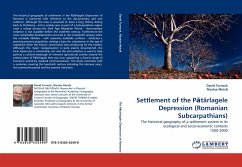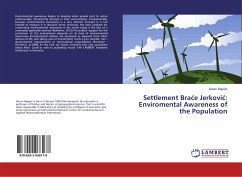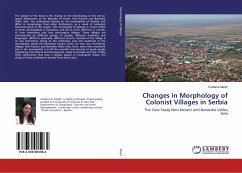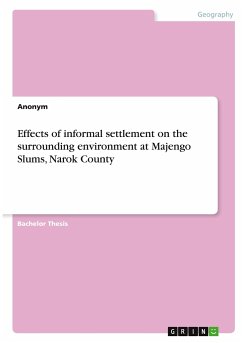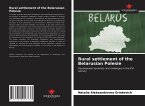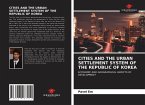The historical geography of settlement in the Patarlagele Depression of Romania is examined with reference to the documentary and oral evidence. Although it is assumed to have a long history dating back to Prehistory - and is widely seen as part of a Subcarpathian region used a refuge during the Dark Age Migration Period - documentary evidence is not available before the fifteenth century. Furhermore the most remarkable developments occurred in the nineteenth century when the unstable hillsides - with extensive landslide surfaces - attracted a growing peasant population seeking a base for subsistence in age of capitalism when the historic cereal lands were producing for the market. Although this major reorganisation is quite poorly documented, the local toponomy is remarkably rich and the oral evidence is used to help portray a cultural landscape of intensive agricultural activity around the central place of Patarlagele which was now supporting a diverse range of functions servedby road/rail communication. The study concludes with a summary of the twentieth century including the interwar years, the communist period and the present transition.
Bitte wählen Sie Ihr Anliegen aus.
Rechnungen
Retourenschein anfordern
Bestellstatus
Storno

